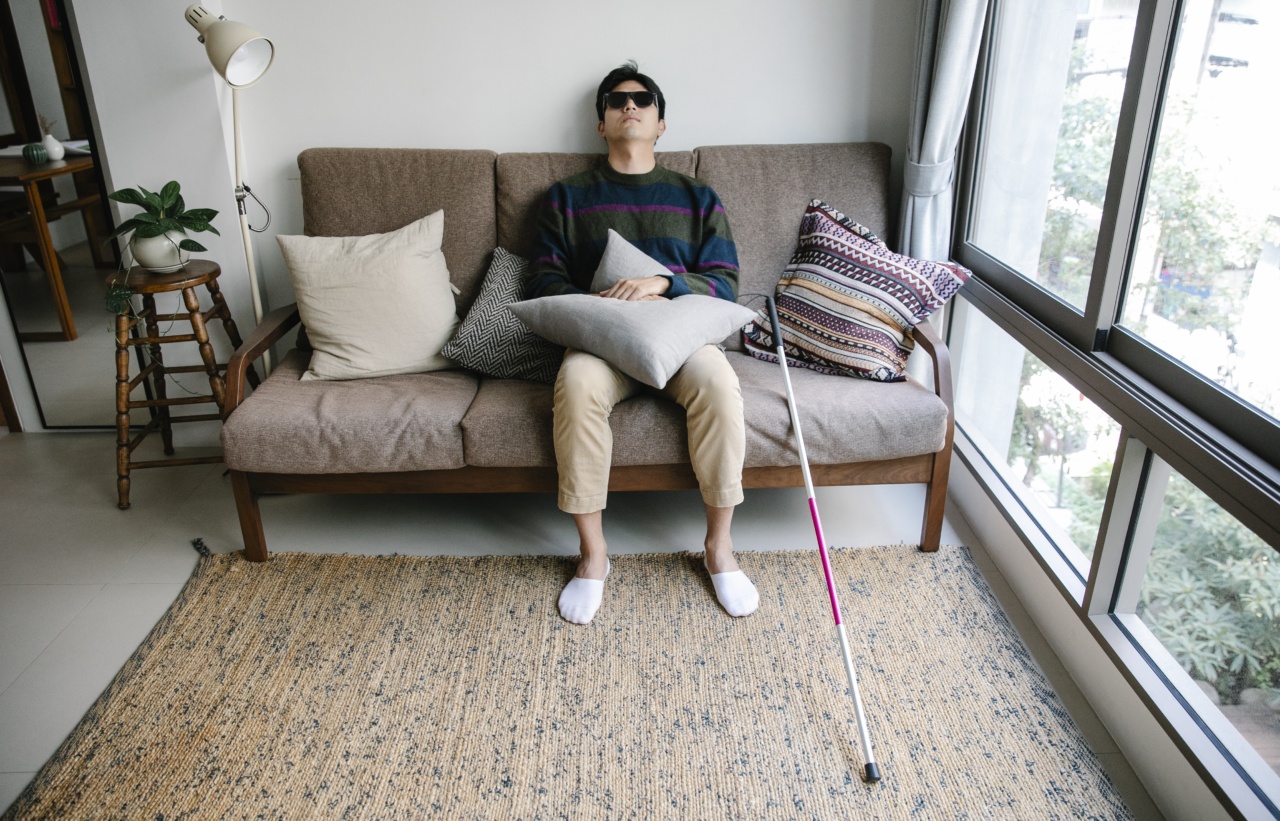Getting a good night’s sleep is essential to leading a healthy life, but many people struggle to get the deep sleep their bodies need.
Whether you find it difficult to fall asleep, wake up frequently during the night, or don’t feel rested when you wake up, there are a number of ways you can improve your sleep quality. Read on for ELL’s Guide to Deep Sleep.
1. Stick to a sleep schedule
It’s important to establish a consistent sleep schedule, even on the weekends. Aim to go to bed and wake up at the same time every day to help regulate your body’s natural sleep-wake cycle.
This will help you feel more rested and energized throughout the day.
2. Create a relaxing environment
Make your bedroom a relaxing oasis by keeping it cool, dark, and quiet. Invest in a comfortable mattress and pillows that support your body’s natural curves.
Consider using blackout curtains or a sleep mask to block out any light that might interfere with your sleep. You can also use white noise machines or earplugs to block out any sounds that might disrupt your sleep.
3. Avoid caffeine, alcohol, and nicotine
Caffeine and nicotine are stimulants that can keep you awake at night. Try to avoid consuming any caffeine or nicotine products for at least four hours before bedtime.
While alcohol may make you feel relaxed and drowsy initially, it can actually disrupt your sleep later in the night, causing you to wake up more frequently.
4. Exercise regularly
Regular exercise can help you fall asleep faster and stay asleep longer. Try to get at least 30 minutes of exercise each day, but make sure to finish your workout at least a few hours before bedtime.
Late-night exercise can actually make it more difficult to fall asleep.
5. Limit screen time before bed
The blue light emitted by electronic devices like smartphones, tablets, and computers can interfere with your body’s natural sleep-wake cycle, making it harder for you to fall asleep.
Try to avoid using any electronic devices for at least an hour before bedtime. You can also install apps or software that filter out blue light, or use a special pair of glasses that block blue light.
6. Practice relaxation techniques
Relaxation techniques like meditation, yoga, deep breathing, and progressive muscle relaxation can help calm your mind and relax your body, making it easier for you to fall asleep and stay asleep.
Incorporate these techniques into your bedtime routine, or try them whenever you’re feeling stressed or anxious throughout the day.
7. Consider sleep aids
If you’re still having trouble falling asleep or staying asleep after trying these other strategies, you may want to consider taking a sleep aid. Talk to your doctor about prescription sleep aids, or try over-the-counter options like melatonin.
However, be aware that these medications can have side effects and should only be used under a doctor’s supervision.
8. Address underlying conditions
If you’re still struggling with sleep problems despite making lifestyle changes and trying sleep aids, there may be an underlying medical condition that’s affecting your sleep.
Talk to your doctor to rule out conditions like sleep apnea, restless leg syndrome, or anxiety disorders, which can all affect your ability to sleep deeply.
9. Stick with it
Improving your sleep quality takes time and effort, so don’t get discouraged if things don’t improve right away. Stick with your new sleep routine, and continue to make adjustments until you find what works best for you.
10. Know when to seek help
If your sleep problems persist despite making lifestyle changes and seeking medical treatment, don’t hesitate to seek help from a sleep specialist.
These experts can conduct sleep studies to understand the underlying causes of your sleep issues and recommend specialized treatments.































